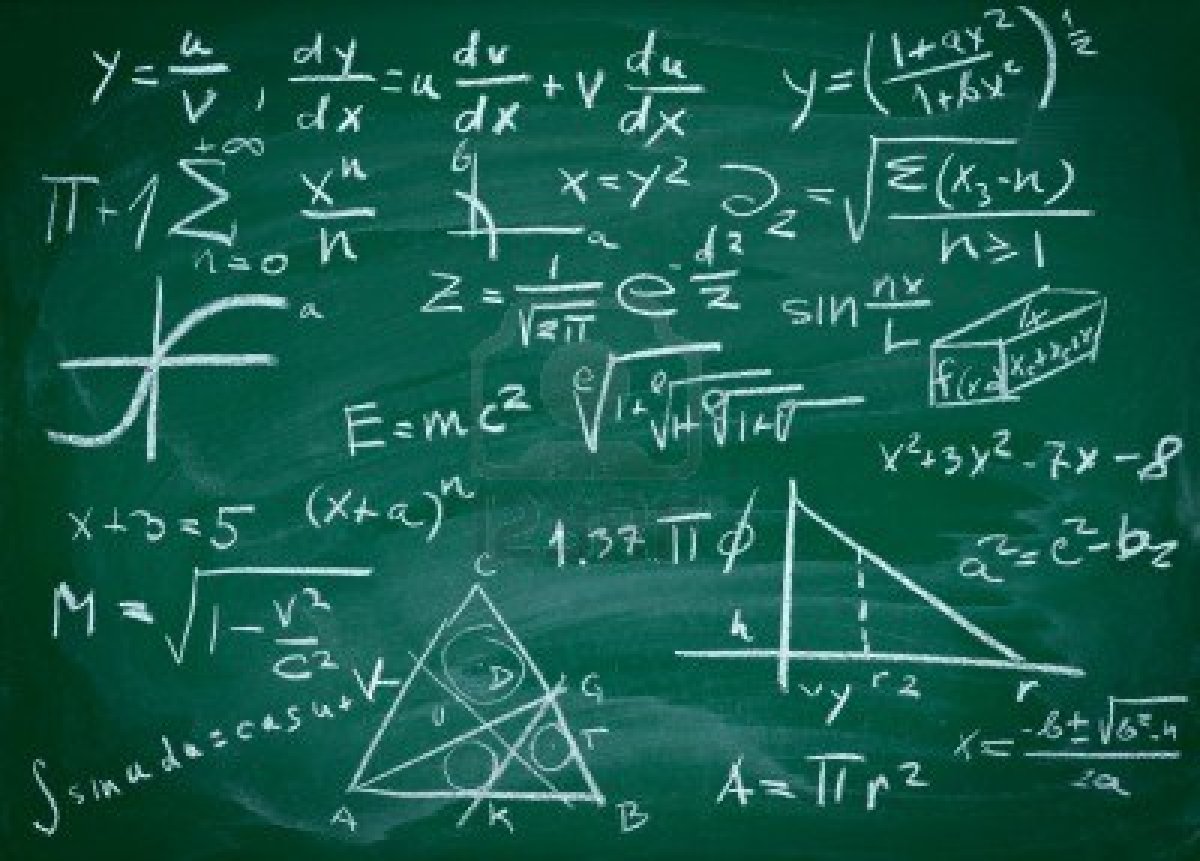In the US and Canada, the mathematics taught in the senior year of high
school is typically linear algebra (matrices, determinants, inversion,
etc.) and calculus, meaning single-variable differentiation and
integration.
I'm not sure this is wise, for two reasons. First, linear algebra and
calculus are remarkably useless for people who aren't headed for STEM
occupations. They are vital for some engineers and scientists, who use
them all the time, but don't get much use outside these disciplines. I
work in a pretty technical domain -- I'm a software developer -- but
I've used calculus exactly once outside of schoolwork and linear algebra
never at all.
Second, universities usually insist of teaching these two topics anyway.
In STEM programs, they are typically covered in mandatory courses in
the first year. Students whose high schools did a good job get to coast
for half a year, while the less fortunate catch up, which is just wasted
time.
If we eliminated linear algebra and calculus from high school curricula,
leaving them to those who are headed for professions where they are
actually useful, we could replace these courses with some other forms of
mathematics. There are plenty of choices: abstract algebra, topology,
geometry, combinatorics, and the list goes on.
Of these, formal logic and statistics are
particularly promising. Formal logic attempts to rigorously determine
the truth value of claims, while statistics handles approximations and
drawing inferences from observed behavior. As such, they are
particularly useful for sorting through the mass of questionable claims
we all face in an information society, to find the truth among the
wishful thinking, half-truths, and outright lies. This makes them
valuable aids to good citizenship, which is something we should be
aiming everyone towards. And as actual domains of
mathematics, they can be made as rigorous and challenging as the less
useful courses they would be replacing.

No comments:
Post a Comment